For more on "Pitch presentations", go to 'Programme themes' and scroll to the 'Translation session'.
Programme
Plenary speakers
- Invited speakers and panellists - Education session
- Invited speakers and panellists - Translation session
- Plenary speakers
Professor Jarka Glassey | Department of Chemical Engineering | Newcastle University
Talk: Sustainability in chemical engineering education – are we making an impact?
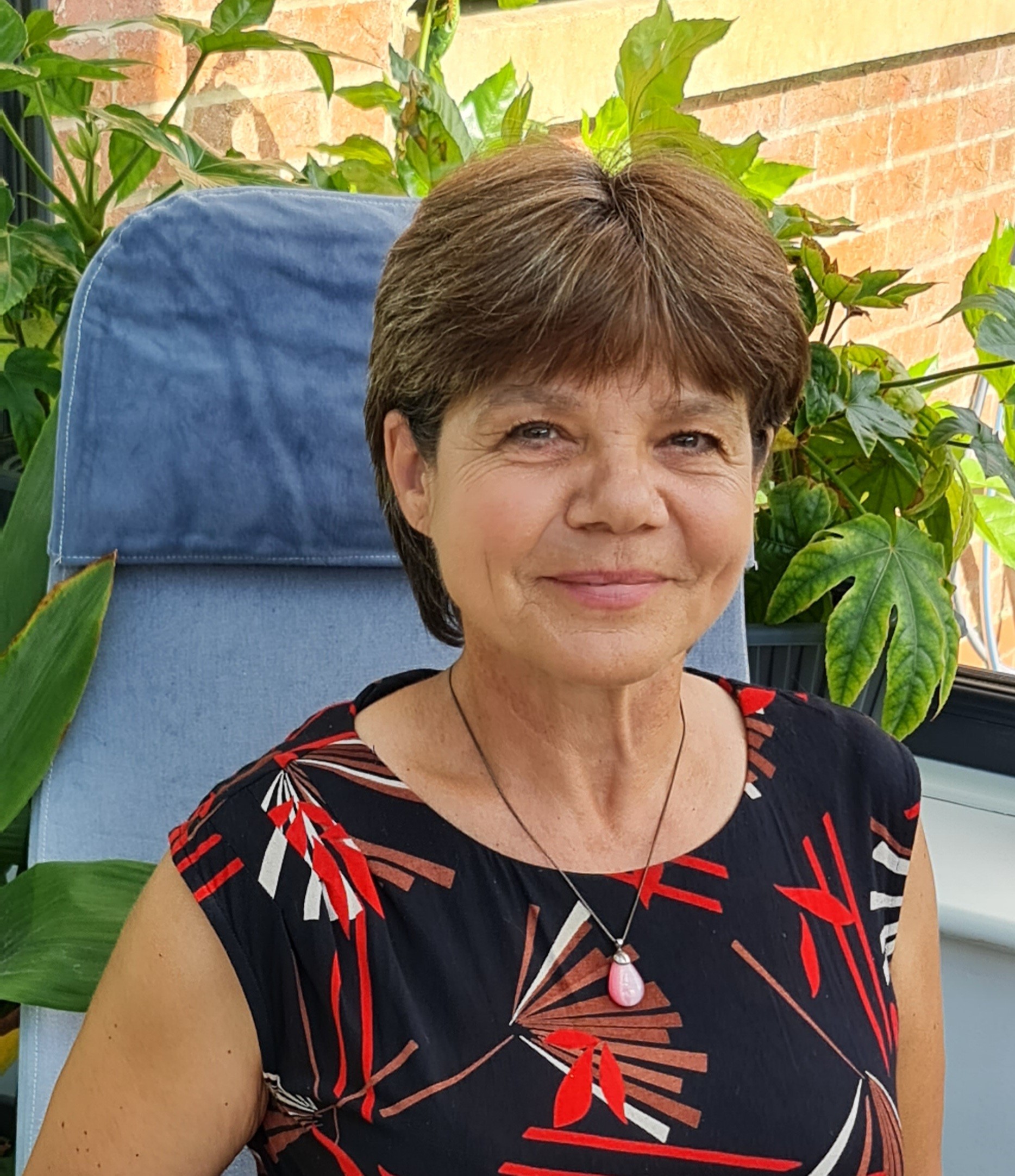
Professor Jarka Glassey completed her biochemical engineering studies at the Slovak Technical University in Bratislava and currently works at Newcastle University, UK. Her research approach is based on the use of machine learning, AI and hybrid modelling for bioprocess development, scale-up and process intensification. She is currently VP Executive of EFCE and VP Executive of ESBES and is actively involved in the EFCE working party on Education, WP on QbD as well as the Measurement, modelling, monitoring and control section of ESBES. She was elected a Fellow of Royal Academy of Engineering and is chairing the Board of Engineering Skills X, Engineering Skills for Safety. She is passionate about the education of future generations of chemical engineers and her research in this area includes active teaching methodologies (such virtual and augmented reality) in education and assessment of knowledge and professional skills.
Professor Nilay Shah | Department of Chemical Engineering | Imperial College London
Moderator: Panel discussion on 'Integrating sustainability best practices into chemical engineering curriculum'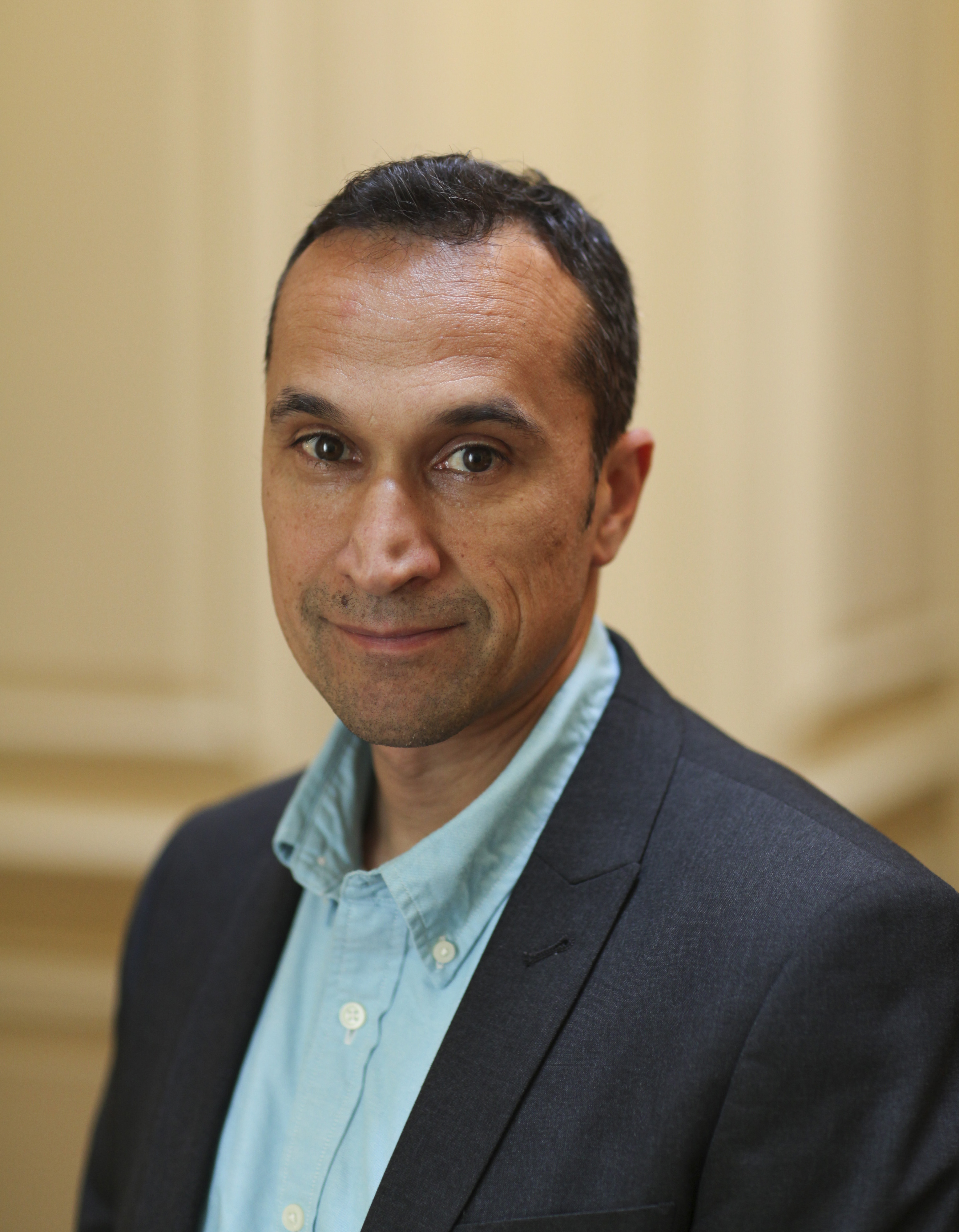
Professor Nilay Shah recently completed a term as the Head of the Department of Chemical Engineering and was formerly the Director of the Centre for Process Systems Engineering (CPSE) at Imperial, and a Chemical Engineer by training. He has co-authored over 300 technical papers on process systems modelling and engineering, design and optimisation of low carbon industrial systems, biochemical processes, vaccine manufacturing systems sustainable energy systems, hydrogen economy, supply chain modelling, process scheduling and optimisation and plant safety and risk assessment. Nilay Shah has received several awards and he is particularly interested in the transfer of technology from academia to industry. He has provided consultancy services on process optimisation, innovation and industrial applications of new technology to a large number of process industry and energy companies. He is a member of the UK Government’s Hydrogen Advisory Council and the Vaccine Development Working Group.
Professor Jonathan Seville FREng, FIChemE | School of Chemical Engineering | University of Birmingham
Panel member for the panel discussion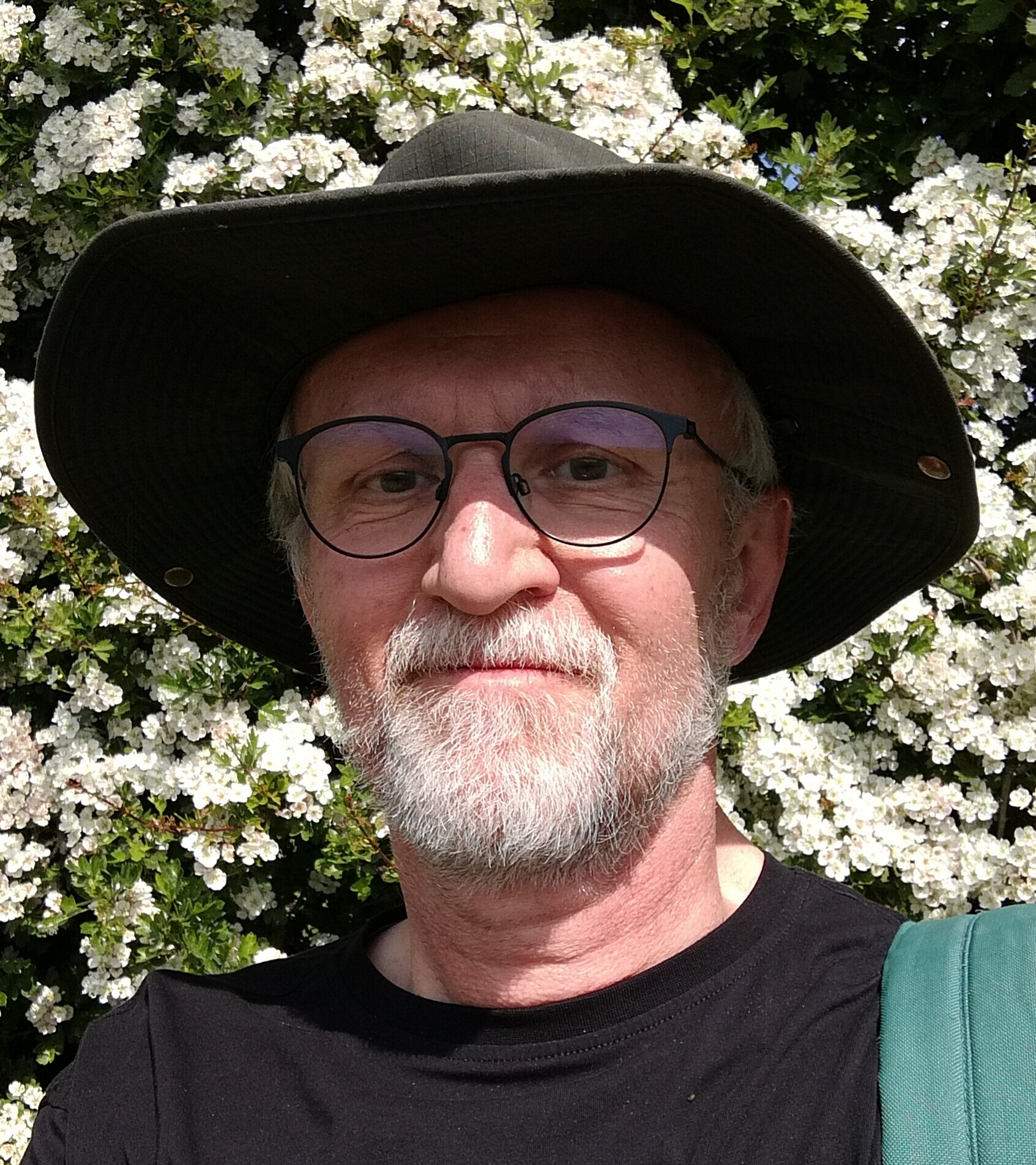 Jonathan Seville is Professor of Formulation Engineering at the University of Birmingham, having previously been Executive Dean of Engineering and Physical Sciences at the University of Surrey (2011-2016), Dean of Engineering at the University of Warwick (2008-2011) and Head of the Department of Chemical Engineering at the University of Birmingham (1998-2008). He was an early advocate of product-related chemical engineering and started the Centre for Formulation Engineering at Birmingham in 2001. Most of his research involves particulate solids, and he has pioneered the use of radioactive tracers to image flow in industrial equipment. He is also active in energy- and environment-related projects, including plastics recycling and the circular economy, and helped to establish the company Recycling Technologies. He has around 200 publications and has authored or edited five books on aspects of particle technology. He is a Fellow of the Royal Academy of Engineering and was President of the Institution of Chemical Engineers (IChemE) in 2016-17.
Jonathan Seville is Professor of Formulation Engineering at the University of Birmingham, having previously been Executive Dean of Engineering and Physical Sciences at the University of Surrey (2011-2016), Dean of Engineering at the University of Warwick (2008-2011) and Head of the Department of Chemical Engineering at the University of Birmingham (1998-2008). He was an early advocate of product-related chemical engineering and started the Centre for Formulation Engineering at Birmingham in 2001. Most of his research involves particulate solids, and he has pioneered the use of radioactive tracers to image flow in industrial equipment. He is also active in energy- and environment-related projects, including plastics recycling and the circular economy, and helped to establish the company Recycling Technologies. He has around 200 publications and has authored or edited five books on aspects of particle technology. He is a Fellow of the Royal Academy of Engineering and was President of the Institution of Chemical Engineers (IChemE) in 2016-17.
Speakers
Dr Christian Holtze (BASF)
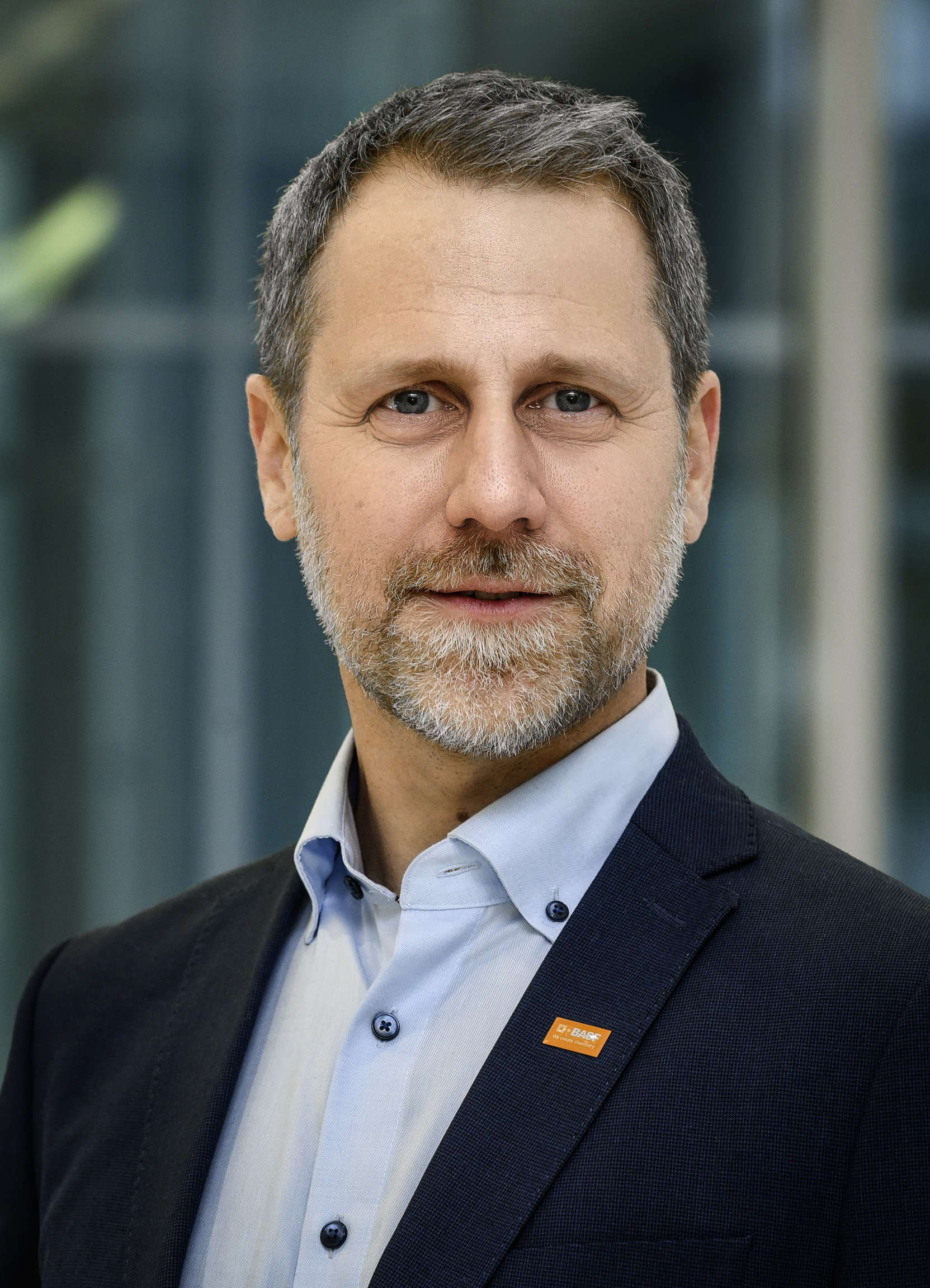
Christian Holtze studied Chemical Engineering at TU Berlin and MIT, earned his Ph.D. in physical chemistry at the Max Planck Institute of Colloids and Interfaces and did a postdoc at Harvard University. He joined BASF in 2007 and led various research teams in different functions at the interface of chemistry and chemical engineering in corporate research. Since 2017 Christian is BASF’s Academic Partnership Developer for BARI, the British Alliance for Research and Innovation, a strategic partnership featuring about 50 collaborations with British academia. He is BASF’s Principal Scientist in Flow Chemistry and convinced that impactful innovation is best co-created at the interface of academia and industry and requires interdisciplinary and holistic research.
Professor Sandro Macchietto (Imperial College London) 
Sandro Macchietto FREng is a Professor of Process Systems Engineering in the Chemical Engineering Department at Imperial College London, working on methods for modelling, simulation, optimisation and design of chemical and energy systems, and their applications. His interests in interdisciplinary research, developing interfaces with industry and promoting technology transfer have led to his co-founding the Energy Future Lab, a MSc in Sustainable energy Futures. He launched and managed two start-ups, including Process Systems Enterprise, one of the largest exits for Imperial and UK academy in the last 10 years. In his current role as Director of Enterprise in Chemical Engineering he is helping to develop a support environment to turbocharge spinoff generation.
Panellists
Prof David Fairen-Jimenez (University of Cambridge)
David is a Professor of Molecular Engineering in the Department of Chemical Engineering & Biotechnology (CEB) at the University of Cambridge, where he leads the Adsorption & Advanced Material Laboratory (A2ML). They focus on the development of metal-organic frameworks (MOFs) for energy and healthcare applications. Their expertise has been built through the design and engineering of novel nanomaterials, combining an experimental and computational approach. David is a founder and Director at Immaterial Ltd. and Vector Bioscience Cambridge Ltd., two companies aiming to facilitate the future technology for carbon capture and targeted biological delivery, respectively.
Dr Helen (Jinghui) Liang (Labcycle).jpg)
Jinghui (Helen) is CTO at LabCycle, with a background in microbiology, biotechnology and sustainable chemical technologies. After witnessing the problem of plastic waste in the research and healthcare sectors across different continents, she co-founded LabCycle alongside her PhD as a Marie Curie FIRE Fellow at the University of Bath. She is responsible for the technology development within the business, leading several R&D projects and pilots with organisations from the public and private sectors. Furthermore, she has been recognised as the University of Bath Alumni Innovation Award winner, and a Royal Academy of Engineering Enterprise Fellow.
Ms Andrea Sinclair (Angel Investor)
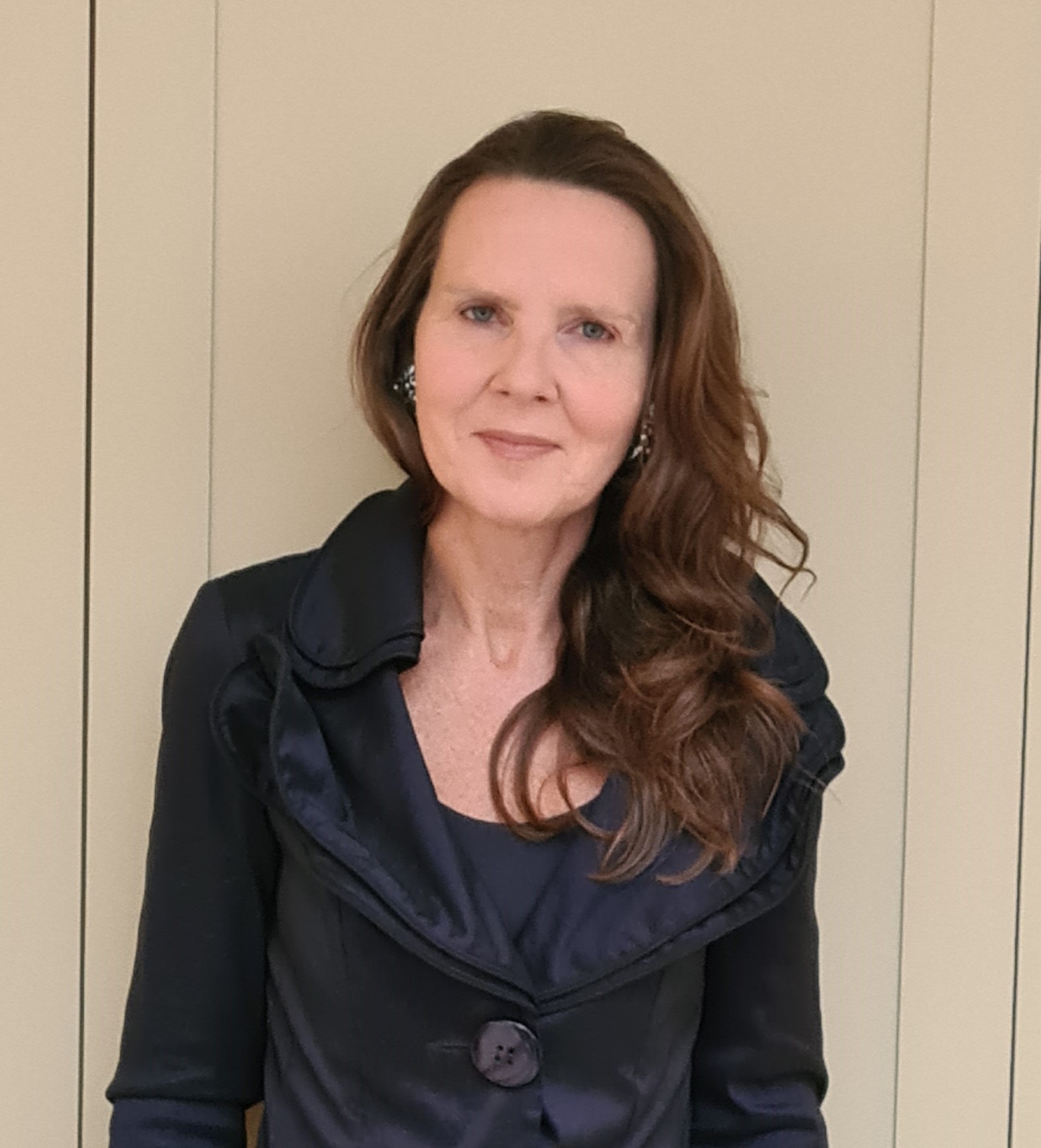
Andrea Sinclair is an experienced internet entrepreneur and angel investor with an MEng in Chemical Engineering from Imperial College and an MBA from INSEAD. With a background in strategy consulting at McKinsey and 10 years running tech start ups directly, since 2010 she has been working with a whole range of start-ups and social impact businesses as angel investor, advisor and non-executive director. Her main focus is now on supporting female & underrepresented founders through several angel networks & initiatives, as well as, other impact ventures through her investment & work with the London based Zinc Venture Builder and Lisbon based Maze X Impact Accelerator. In 2022 Andrea received the UKBAA Angel Investor of the Year award.
Dr Rob Singh (Essex University)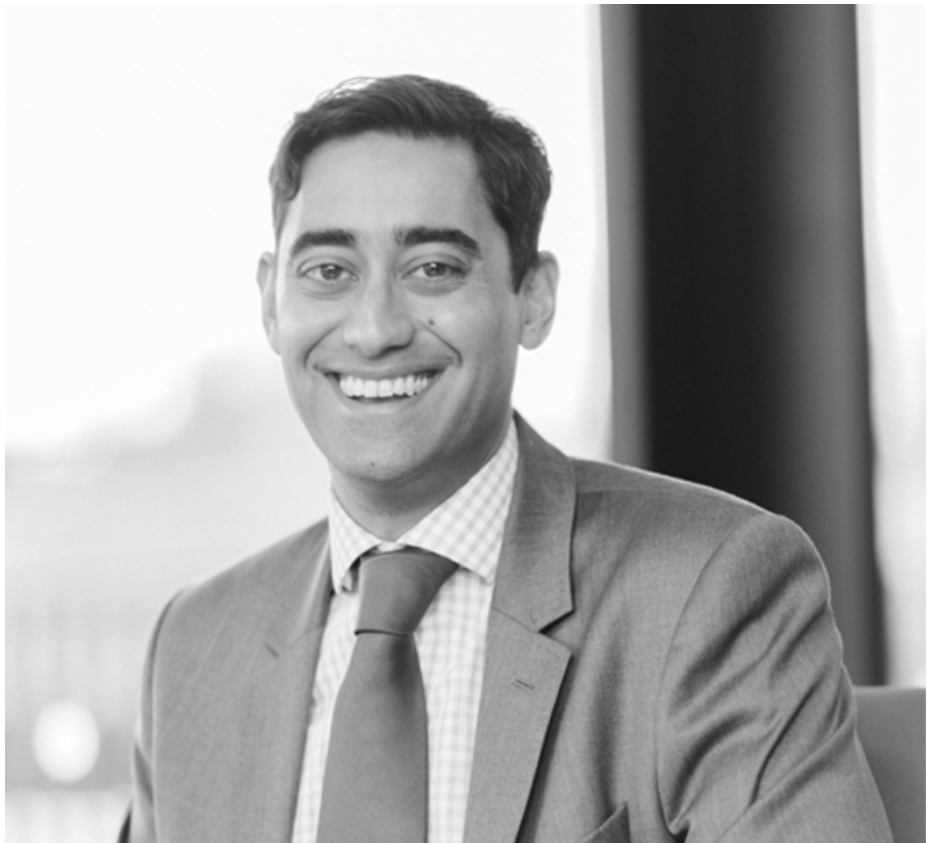
I am responsible for supporting research activities at the University of Essex, encompassing over £180m of live projects. This includes business collaboration. I am passionate about innovation and enabling students, graduates, and members of the local community to start and develop their own businesses. I am Board Member of Opportunity South Essex, the South Essex Federated area Local Enterprise Partnership board, Freeport East and University of Essex cyber-security spin-out, Metrarc Ltd. and understand the importance of business networks and support. I have supported university research for over 15 years, previously at the University of Hull, where I focused on commercialisation, having worked in the private sectors on management and protection of intellectual property in a patent attorney firm. I have completed an MBA that included a national study on university spin-out formation practices and was involved in raising equity funding for two spin-outs. I have a background in life sciences, having obtained PhD in biochemistry from University of Bristol, investigating cardio-protective properties of growth factors, and then Postdoc Research positions at University of East Anglia looking at inflammatory signalling mechanisms in cardiovascular disease.
Dr Mark Selby (CERES Power)
Dr. Mark Selby, FREng, is the Chief Growth Officer at Ceres Power and a Venture Partner at Energy Revolution Ventures. He's skilled at turning complex science and engineering ideas into practical, commercial clean energy solutions. One example is the MacRobert Award-winning SteelCell technology, which makes low cost green hydrogen. His goal is to make clean energy technology more widely adopted, speeding up the shift to a greener future.
Paul Swift (P&G)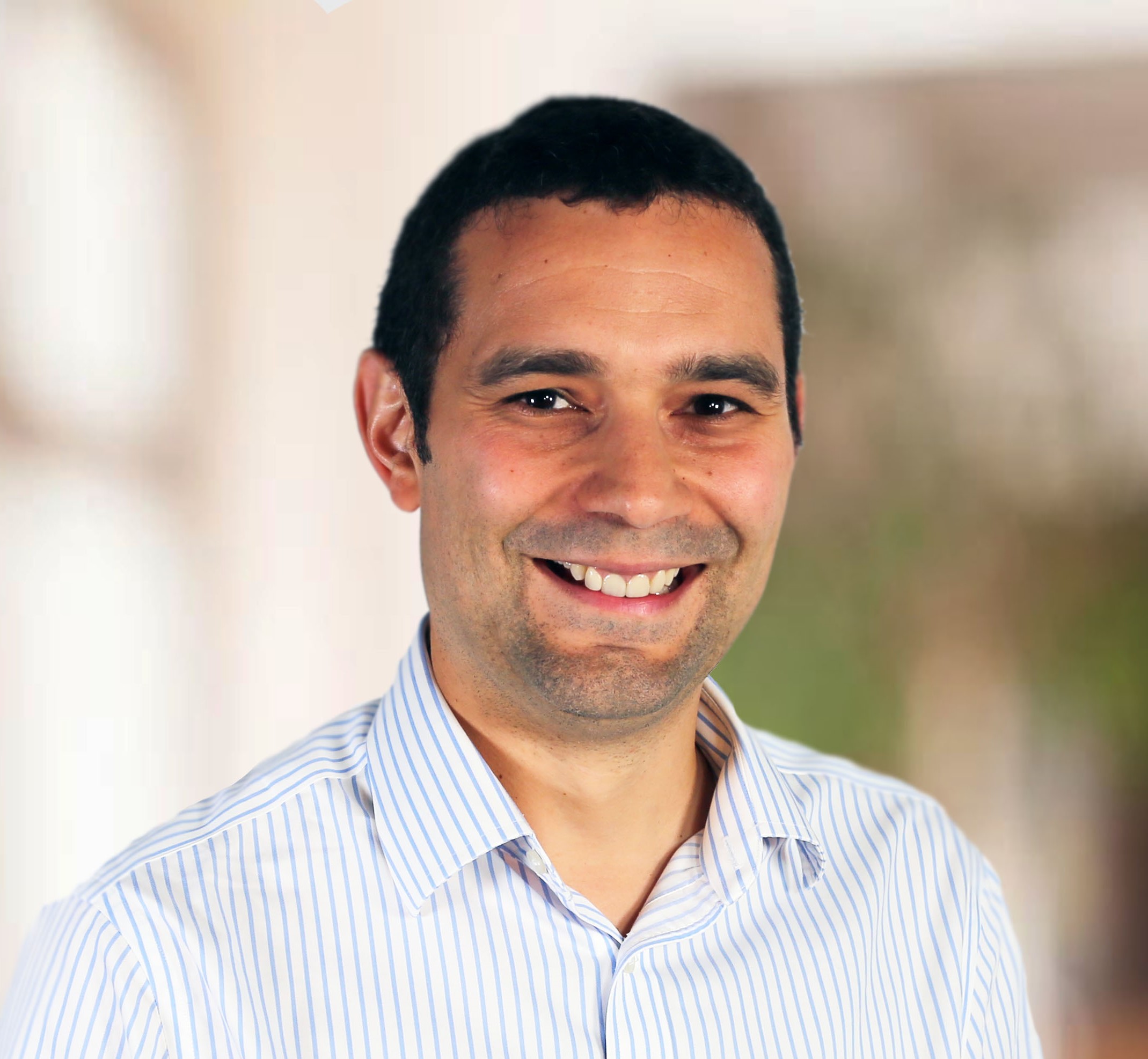 Paul Swift, CEng MIChemE, is Senior Director for Procter & Gamble’s Connect + Develop programme in Europe. P&G is a company of leading Home & Personal Care brands including Ariel, Fairy, Pampers, Always, Gillette, Oral-B, Vicks, Head & Shoulders and Olay. He initiates and develops P&G’s Open Innovation partnerships with innovators across academia and industry, with the goal to meet the needs of today and for the future, across the business: for products, technology, in-store, e-commerce and the supply chain. Paul Swift’s 23 years at Procter & Gamble have included work across Fabric Care and Beauty Care businesses and Corporate R&D in a variety of regional and global roles, and he was previously Industrial PI for P&G’s ANTENNA EPSRC Prosperity Partnership with Durham University and Imperial College.
Paul Swift, CEng MIChemE, is Senior Director for Procter & Gamble’s Connect + Develop programme in Europe. P&G is a company of leading Home & Personal Care brands including Ariel, Fairy, Pampers, Always, Gillette, Oral-B, Vicks, Head & Shoulders and Olay. He initiates and develops P&G’s Open Innovation partnerships with innovators across academia and industry, with the goal to meet the needs of today and for the future, across the business: for products, technology, in-store, e-commerce and the supply chain. Paul Swift’s 23 years at Procter & Gamble have included work across Fabric Care and Beauty Care businesses and Corporate R&D in a variety of regional and global roles, and he was previously Industrial PI for P&G’s ANTENNA EPSRC Prosperity Partnership with Durham University and Imperial College.
Professor Lisa Hall | Department of Chemical Engineering and Biotechnology | University of Cambridge, UK
Talk: Engineered proteins for diagnostics in Low Income Countries
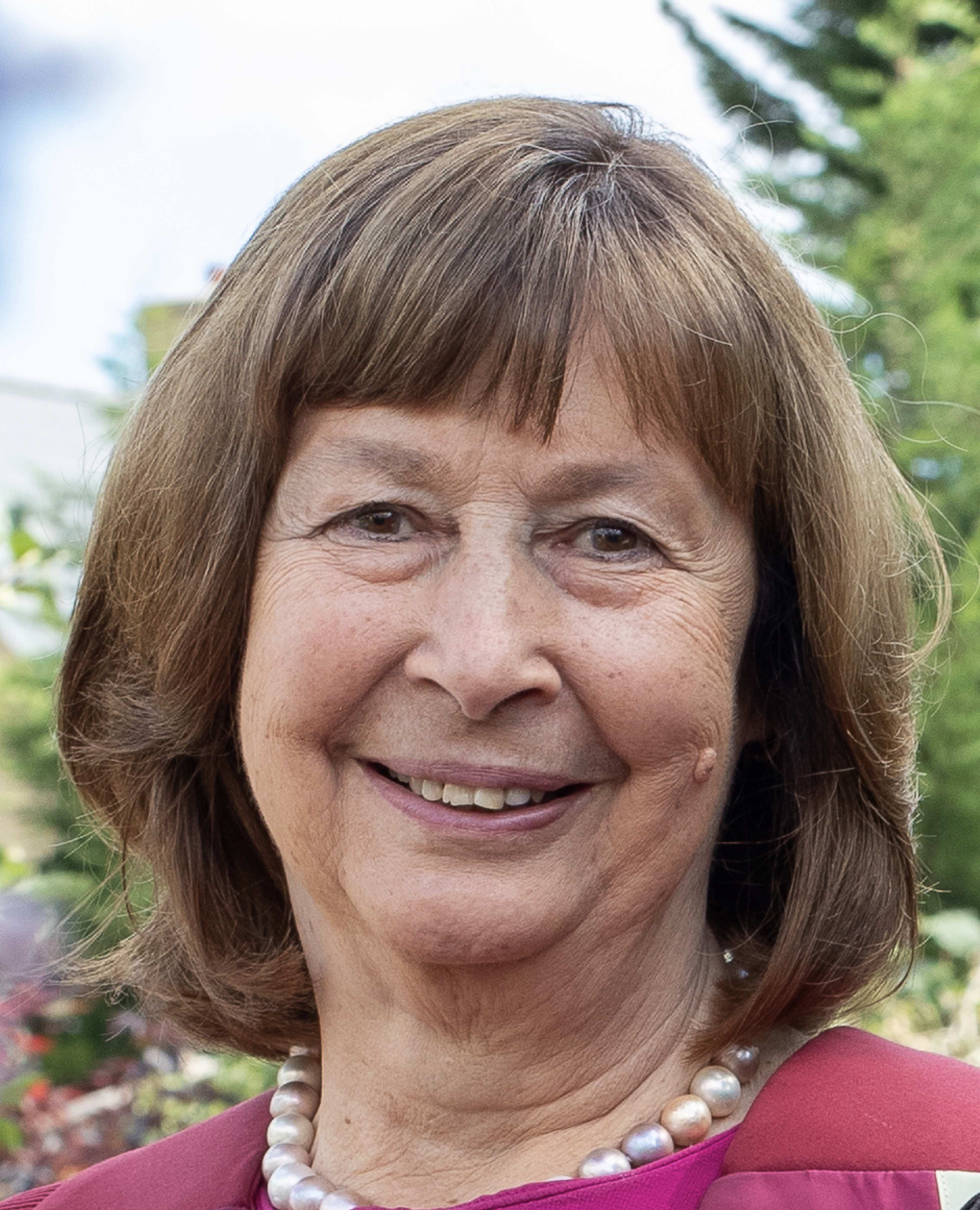
Professor Marco Mazzotti | Department of Mechanical and Process Engineering | ETH Zürich, Switzerland
Talk: Carbon dioxide management solutions - From research to demonstration
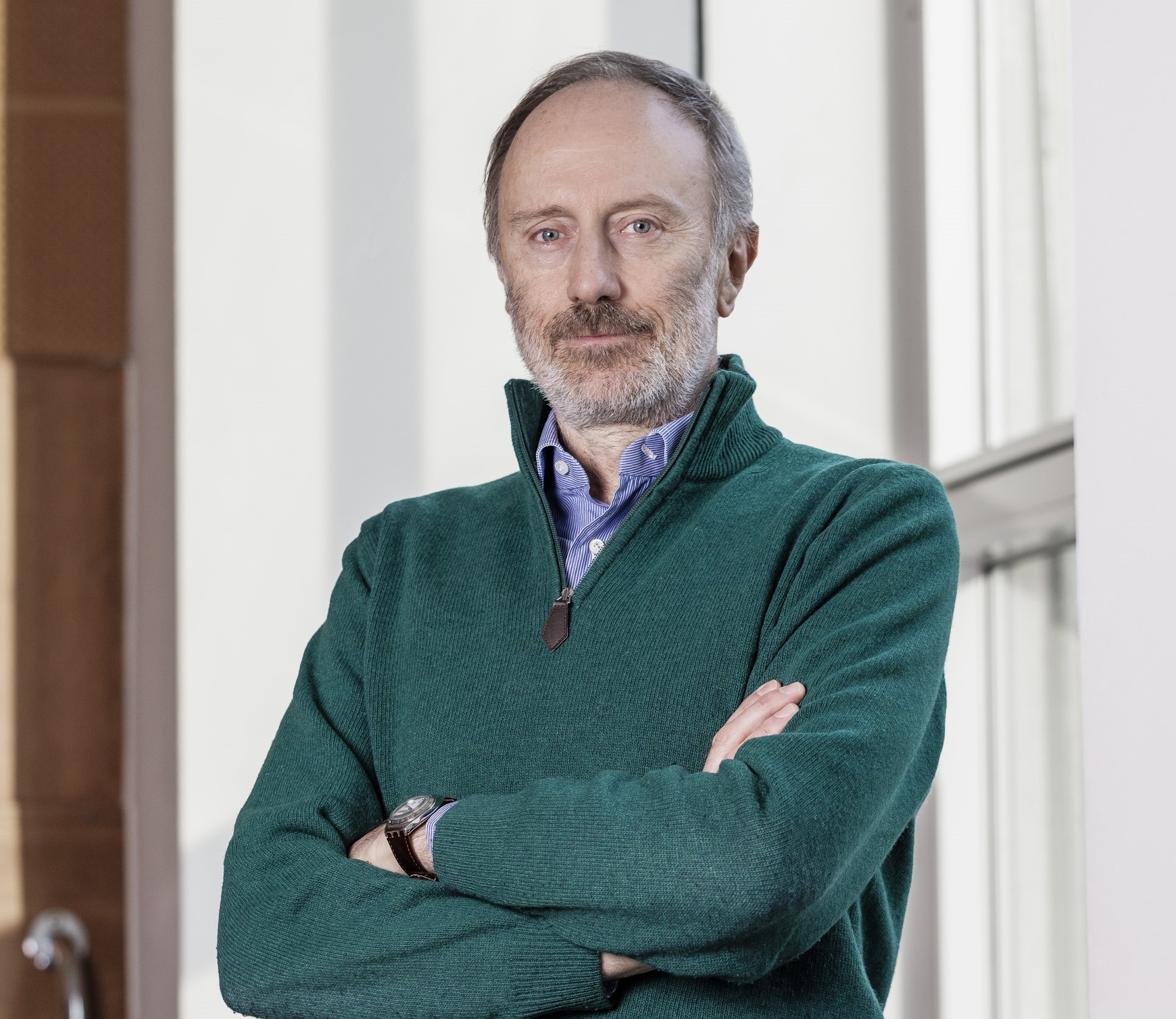
Programme themes and info
Biotechnology
This theme covers work related to the use of biological systems or living organisms to develop or create products with the aim to solve global challenges in food, water, energy and healthcare.
Data-centric chemical engineering and process systems engineering
This theme covers work related to the development or application of data science, artificial intelligence, and process modelling tools to analyse, design, and operate complex engineering systems and solve chemical engineering challenges.
Molecular systems engineering
This theme covers work related to the use and development of tools to understand molecular properties and behaviours, and design materials, processes, and systems with specific functions.
Net-zero energy pathways
This theme covers work related to the discovery, development, application or assessment of chemicals, materials, processes, technologies, and systems aimed at reducing pollution, emissions, and waste, and/or improving efficiency and circularity towards more sustainable energy generation.
Sustainable and efficient chemical processes
This theme covers work related to the discovery, development, application or assessment of chemicals, materials, processes, technologies linked to sustainable and efficient production of chemicals, pharmaceuticals, and materials, e.g., by reducing pollution, emissions, and waste and/or by improving efficiency and circularity.
Education session - Integrating sustainability best practices into chemical engineering curriculum
Chemical engineers are uniquely positioned to help address the looming need to adopt sustainable practices in the various chemical engineering industrial processes. It is imperative that chemical engineers not only understand process economics and financials, which are crucial for the commercial viability of any project but also ensure the technical success of the global sustainability endeavours. Consequently, it is imperative that chemical engineers and educators realise their integral role in driving sustainability initiatives forward. We are inviting talks to outline how sustainability is conceptualised and integrated into the chemical engineering curriculum. We hope to share best practices and foster a conversation to holistically embed sustainability into the chemical engineer’s educational journey.
Translation session - Translating Chemical Engineering: from research to societal impact
[Inviting "pitch" presentations - follow the same process as abstract submission to submit]
This session is designed to inspire and educate the audience around the topic of entrepreneurship in the Chemical Engineering sector. The session will comprise a keynote and a panel discussion, involving representatives from academia, start-ups, SMEs and large companies, investment firms and the public funding sector.
Together, they will share their perspective and experience around translating research into business, the successes and challenges they faced as well as the things they would have liked to know.
We also invite “pitch” presentations from early-stage start-ups (i.e. launched in the last 3 years) from which winners will be selected by both the panellists and the audience.
Key event details & venue info
Programme dates / times
-Thursday 25 April: 11:30am - 18:00pm (GMT)
-Thursday 25 April: 19:15pm (GMT) onwards at Chelsea Football Club for nibbles and networking
-Friday 26 April: 08:30am - 16:30pm (GMT)
A comprehensive programme is now available via the 'Programme information and themes' section.
Venue
-Sir Alexander Fleming Building (map), Imperial College London, South Kensington campus
-Travel info and how to find us
Hotels
Find out more about hotels close to Imperial College London
Contact us
For all enquiries related to the event, contact chemengday@imperial.ac.uk
-MAIN.png)
